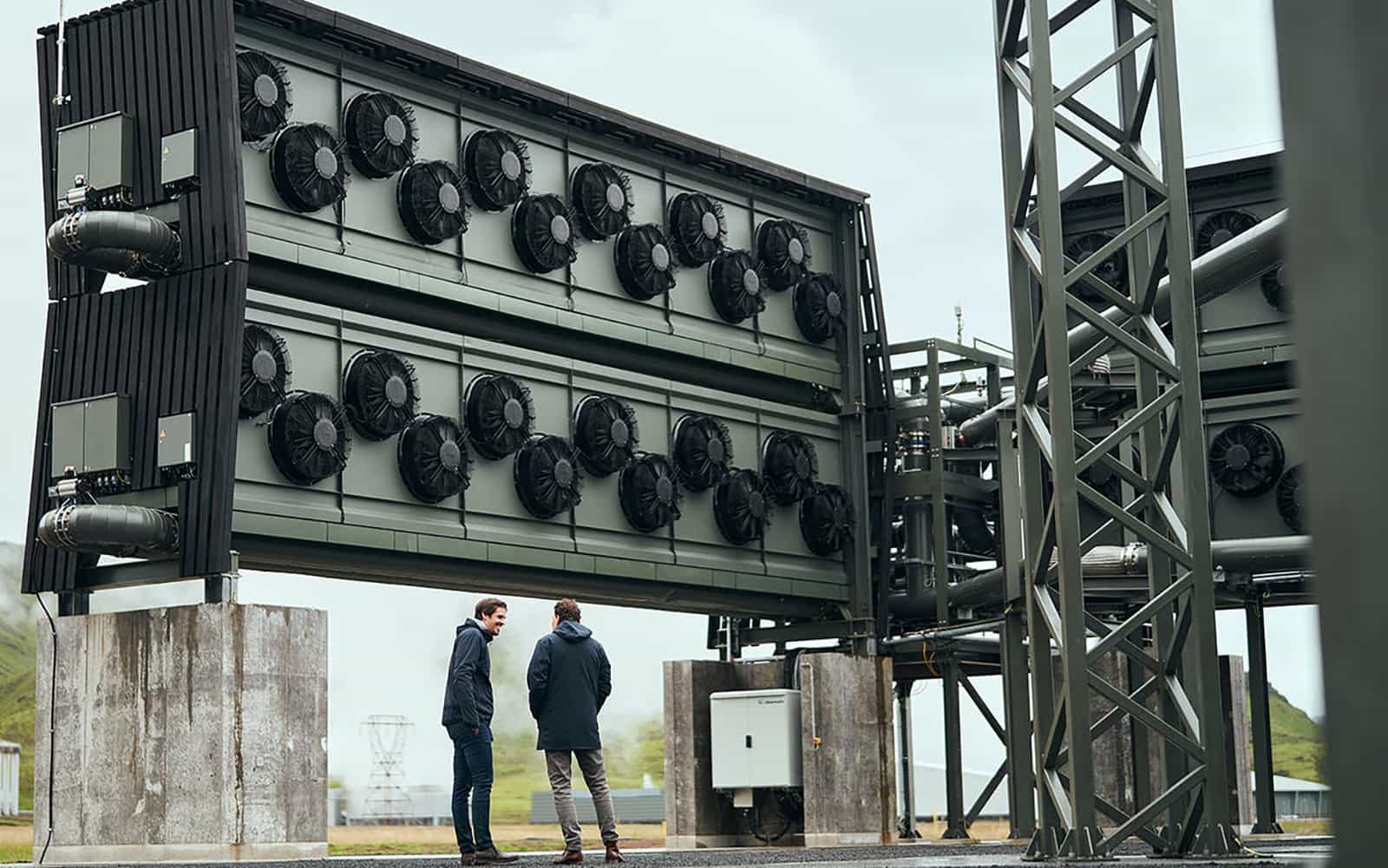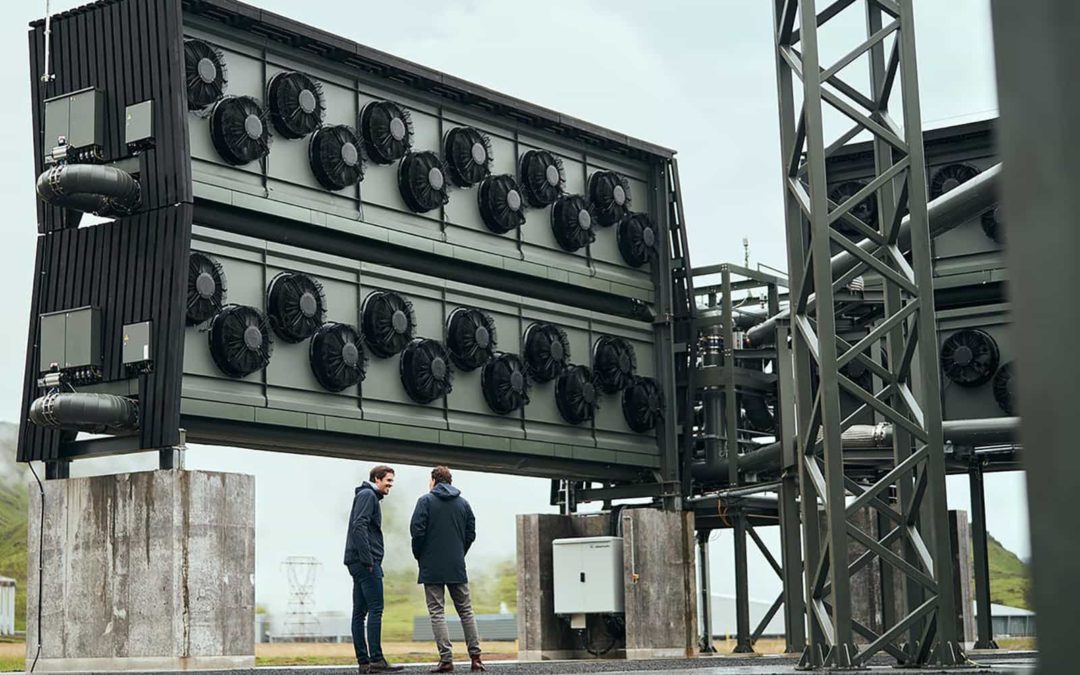
It’s not news to anyone that we need to curb our carbon emissions drastically. Now, a plant called Orca is helping us reverse part of the emissions already in the air. Orca is designed to suck CO2 from the air, turning it into solid rock.
The plant is named after an Icelandic word, “orka”, which means energy. Two companies, Switzerland’s Climeworks, and Iceland’s Carbfix worked together to design and create Orca. According to the companies, the plant can suck 4 000 tons of CO2 from the air annually. This equals yearly emissions from about 870 cars, the US Environmental Protection Agency reports.
How does the plant work?
So how does Orca work? Orca is made up of four parts and each unit contains two metal boxes that look like shipping containers. The plant uses fans to suck air into a collector with a filter inside. Once the filter is filled with carbon dioxide, the collector is closed and there is a rise in temperature which releases the CO2 from the material. Doing this makes it possible to gather the highly concentrated gas. After the gas has been gathered it’s mixed with water before being injected at a depth of 1 000 meters into basalt rock where it’s finally being mineralized.
This method might not be as effective or scalable as removing emissions at its source. Nonetheless, it can be useful as one of many strategies developed to tackle climate change, thereby making the future come sooner.





